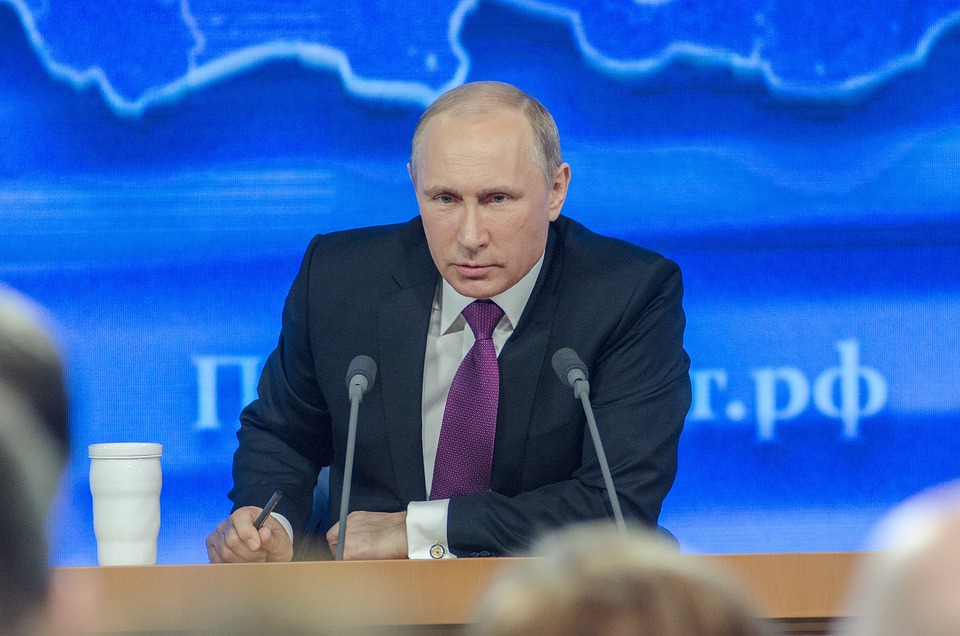Political Turmoil in Europe: Leaders Face Calls for Resignation
Europe, the continent known for its rich history and diverse cultures, is currently facing a period of political turmoil. Several countries across the region have seen their leaders come under fire, with calls for their resignation growing louder by the day.
One of the most notable cases of political turmoil in Europe is in the United Kingdom, where Prime Minister Boris Johnson is facing mounting pressure to step down. Johnson’s handling of the COVID-19 pandemic, as well as his government’s response to the crisis in Afghanistan, has been heavily criticized. Many believe that his leadership has been lacking, and that a change in leadership is needed to steer the country in the right direction.
In neighboring France, President Emmanuel Macron is also facing calls for his resignation. Macron’s government has been plagued by corruption scandals, with several high-ranking officials being investigated for their alleged involvement in various corrupt activities. The French people have grown increasingly disillusioned with Macron’s leadership, and many are calling for fresh faces to lead the country.
In Germany, Chancellor Angela Merkel’s government is facing its own set of challenges. Merkel, who has been in power for over 16 years, has faced criticism for her handling of the refugee crisis, as well as her government’s response to the rise of far-right extremism in the country. Many Germans believe that it is time for a change in leadership, and are calling for Merkel to step down.
The political turmoil in Europe is not limited to just these countries. Across the continent, leaders are facing growing discontent from their citizens, who are demanding change and accountability from their governments. From Italy to Spain to Poland, calls for resignation are becoming more common as the people grow frustrated with the status quo.
So, what is driving this political turmoil in Europe? There are several factors at play. The COVID-19 pandemic has exposed the weaknesses in many governments’ leadership and decision-making abilities. From the slow rollout of vaccines to the mishandling of lockdowns, many leaders have come under fire for their handling of the crisis.
In addition to the pandemic, economic uncertainty and rising inequality have also fueled the discontent among European citizens. Many feel that their governments are not doing enough to address the economic challenges facing their countries, and that their leaders are out of touch with the struggles of everyday people.
Furthermore, the rise of populism and far-right extremism in Europe has also contributed to the political turmoil. Leaders who have embraced nationalist and xenophobic rhetoric have gained popularity in several countries, leading to increasing polarization and division among the population.
So, what can be done to address the political turmoil in Europe? While each country’s situation is unique, there are some common themes that can be seen across the continent. First and foremost, leaders need to listen to the concerns of their citizens and take action to address them. This means being transparent and accountable, and working to build trust with the people they serve.
Additionally, governments need to prioritize policies that address the economic challenges facing their countries. Investing in education, healthcare, and infrastructure can help create jobs and improve the quality of life for all citizens. Leaders also need to work towards fostering unity and inclusivity, rather than stoking divisions and fear.
Ultimately, the future of Europe will depend on the ability of its leaders to rise to the challenges facing the continent. Whether it is through resignations, elections, or policy changes, it is clear that change is needed in order to navigate the turbulent political waters of today’s Europe. Only time will tell if the leaders of Europe will heed the calls for resignation and usher in a new era of stability and prosperity for the continent.



